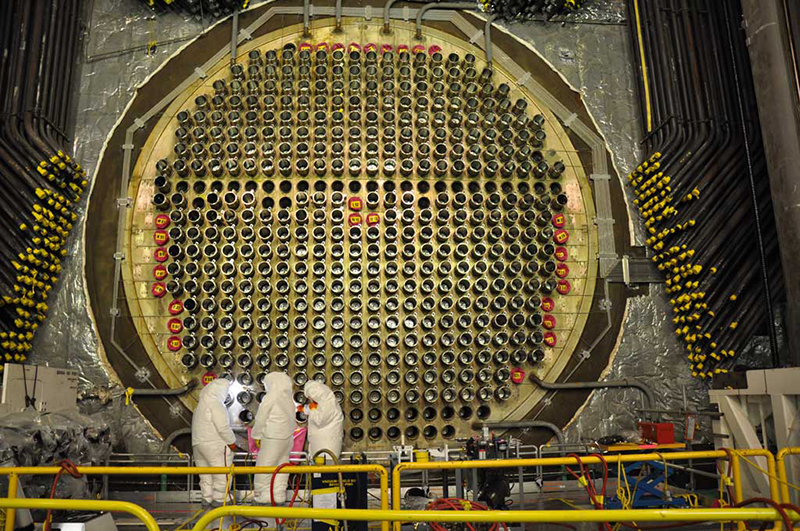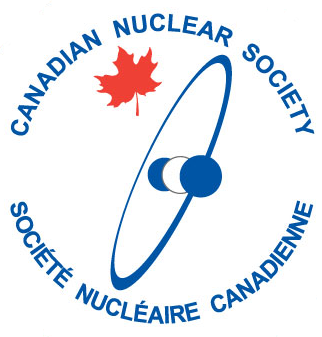Is Canada’s radioactive waste and decommissioning policy a failure?

Ole Hendrickson’s article in Rabble claims that Canada’s new radioactive waste and decommissioning policy is a failure. https://rabble.ca/columnists/canadas-radioactive-waste-and-decommissioning-policy-is-a-failure/?fbclid=IwAR3iLjjTgeOWasA2SE1R-L6YWMHbiGWVZi6-OL5HQM_H6dz9NRM_oS1wBMk But is it?
In fact, he raises no issues that suggest the policy is a failure. There are no instances cited that show that anyone or anything in the environment has been harmed or that they could be as a result of the policy. Instead, it’s just a list of things that are not as he would like them to be. That’s not failure.
The attempts to criticize the policy are based almost entirely on implication, mainly by the use of negative adjectives. The description of CNSC as benign is, for example, entirely unsubstantiated, and for someone with experience of the CNSC, a little bit laughable.
The fact is that radioactive waste management and decommissioning were doing just fine in Canada before the new policy and are set to continue doing just fine after it. This updated policy is just another step on the road of continual improvement.
He does raise some specific issues and it’s perhaps worth addressing those. Here are some of the statements he makes and the actual truths behind them.
- There is “no provision for independent management of nuclear waste”. The new policy does not change the existing situation in which the producer manages the waste in facilities licensed by the regulator. This system has been working well and continues to protect the health and safety of people and the environment. Other countries have other approaches based on their specific geography and sociopolitical makeup…… so what!
- “Canada’s new radioactive waste and decommissioning policy ignores Indigenous rights”. The United Nations Declaration on the Rights of Indigenous Peoples (UNDRIP) was included in the policy in the “Our Vision” section and in clause 3.2. The policy clearly acknowledges the unique status of Indigenous peoples as rights-holders and commits to respecting and honoring these rights.
- “The new policy acknowledges for the first time ever that Canada’s nuclear industry is importing waste in the form of radioactive “sealed sources” not of Canadian origin”. Everyone has known for a long time that Canada imports sealed sources for disposal when it is appropriate to do so. The policy simply confirms this and outlines the situations where it can occur.
The policy is not about proliferation resistance, but he tries to trick his readers into believing that somehow it is designed to enable proliferation. The trick lies in a bit of linguistic manipulation, redefining reprocessing, as “plutonium extraction” and then accusing Moltex of “plutonium extraction” because they intend to reprocess. It’s a clever trick but in reality reprocessing and plutonium extraction are not necessarily the same thing and the Moltex reprocessing does not “extract” plutonium. Even if it
did, the plutonium wouldn’t be of any use for weapons production because it will come from historic stocks of civil CANDU fuel and that contains too much Plutonium 240 to make it useful for weapons production.
Conclusion: not only was the headline unsupported by any evidence, the attempts at implying there is an issue fail because they are based on misinformation and misunderstandings.
Popular Core Business Articles
- The important differences between Hazard, Danger, Risk and Fear when considering a Deep Geologic Repository for used nuclear fuel.
- Deep Geologic Repositories (DGRs)? Distressed purchase or Jewel in the Nuclear Crown
- An article by the Breakthrough Institute
- How do we quickly and succinctly explain why wind and solar are not cheap?
- The Titanic Fallacy

Leave a Reply
You must be logged in to post a comment.